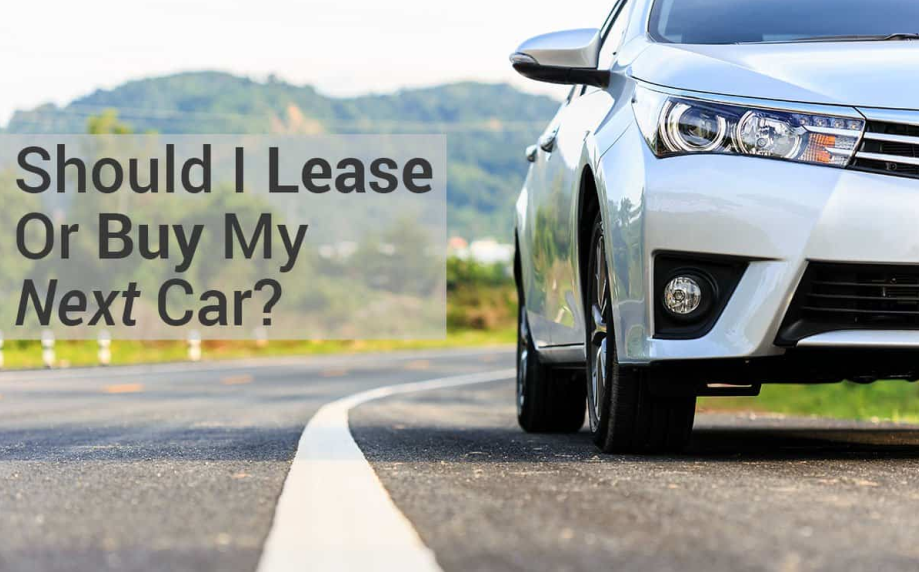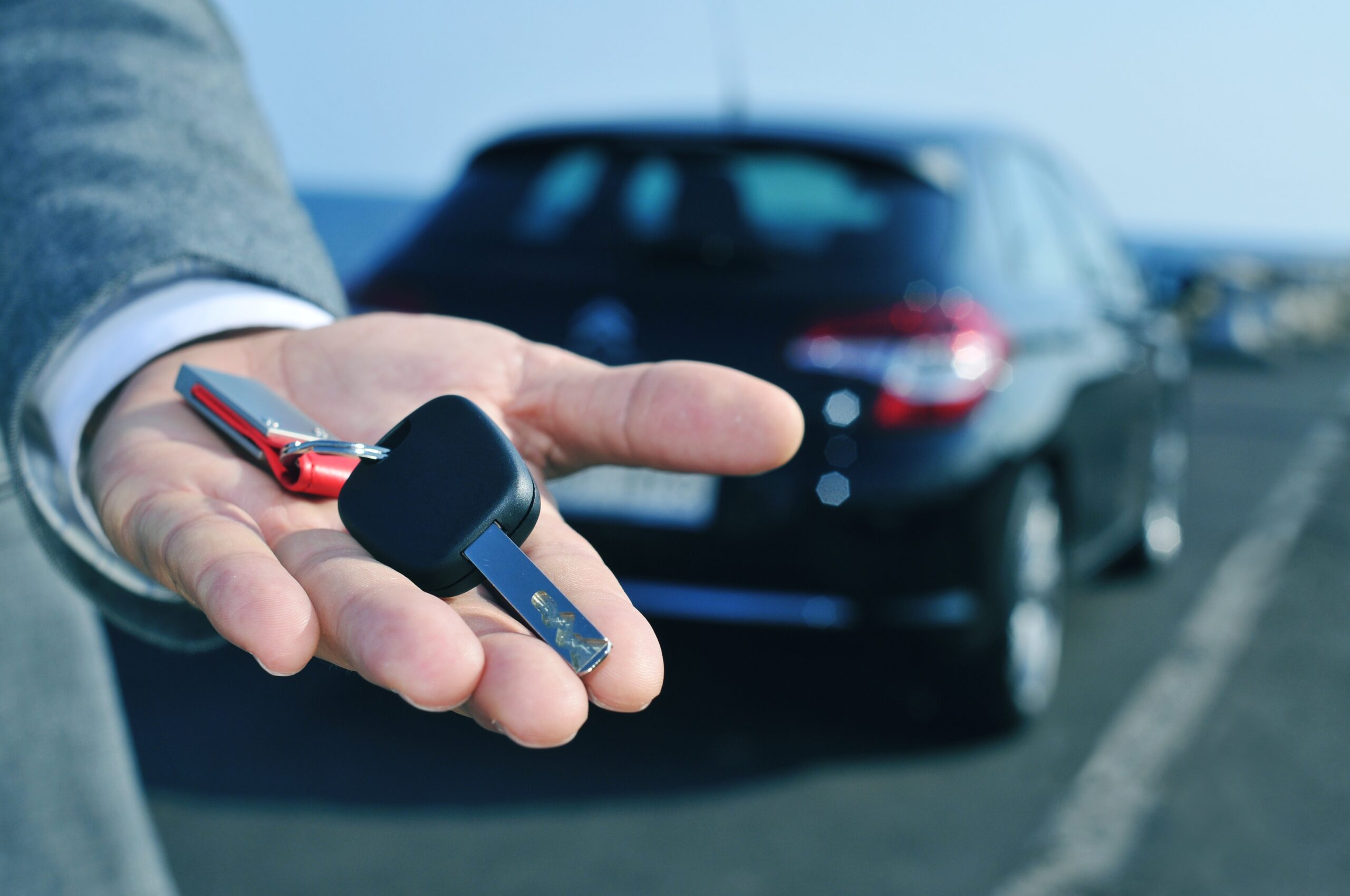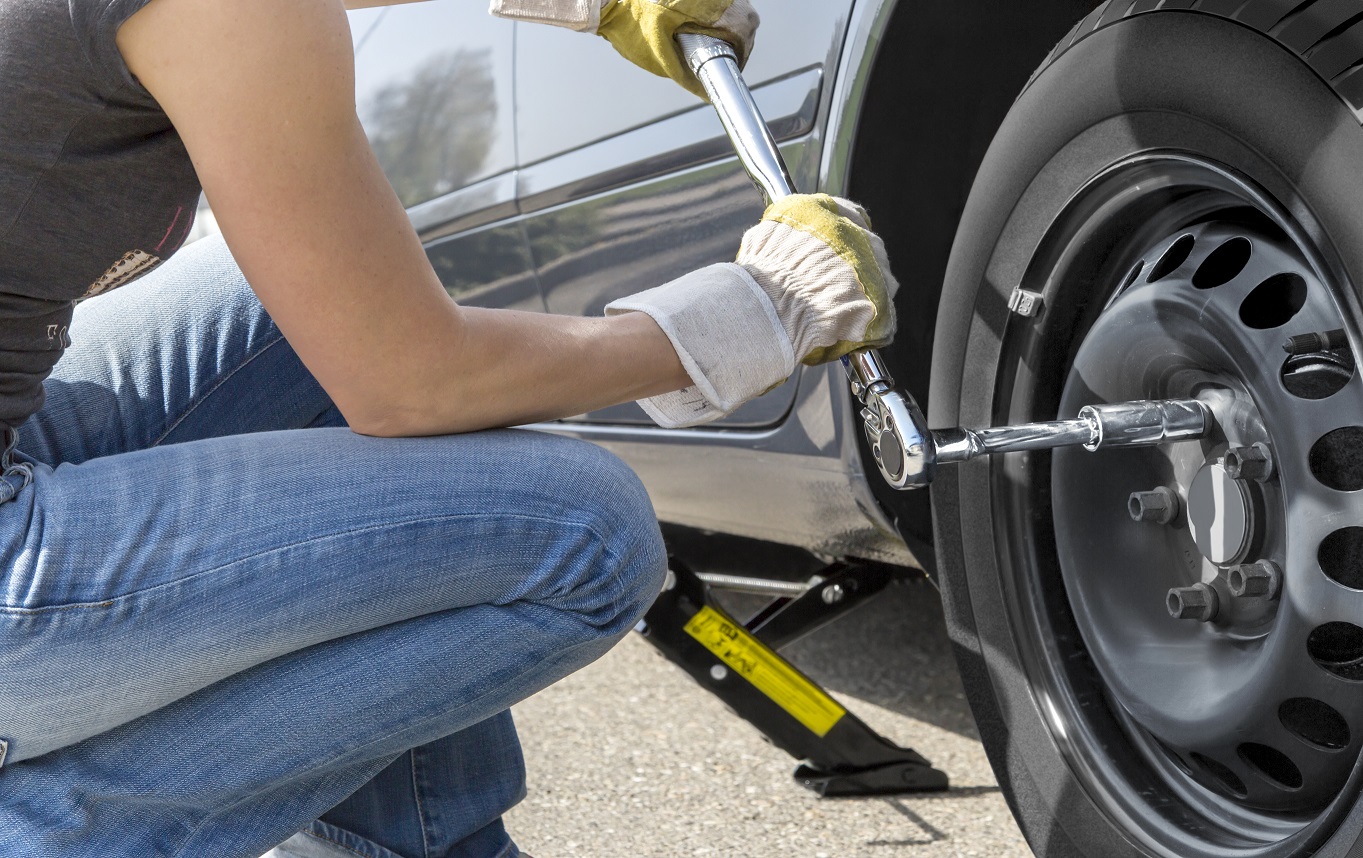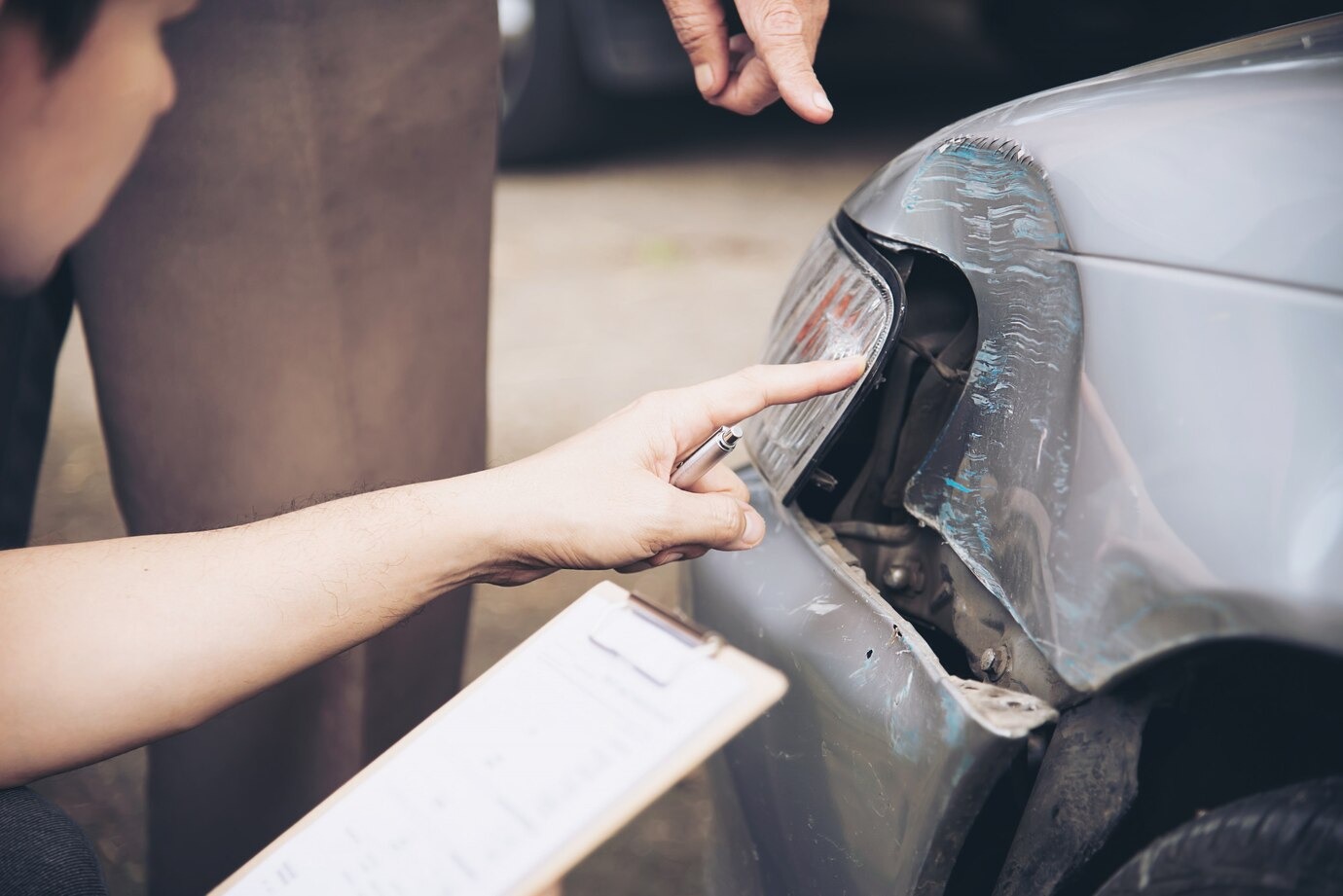Many businesses in the Australia offer their employees the use of a company vehicle in connection with their work; for example, sales reps may have mid-range saloons which are suitable for long motorway driving, and tradesmen may be given vans in order to carry around tools, equipment and materials.
But one popular question that often crops up in a business owner’s mind is whether it is best to buy or lease a car? Let’s explore the different options available, and see what is best for your business.
There is more than one way to buy a car

I know I am probably stating the obvious here with that statement, but you may not be aware of all the different options open to you as a business owner when it comes to adding cars to your fleet.
Typically, you can:
Buy a car outright (with cash or cleared funds from your bank account);
Lease it on a hire purchase agreement;
Ask for help from auto loan lenders, like Clearlane, to buy it outright.
Let me walk you through each of these four options, and the associated pros and cons.
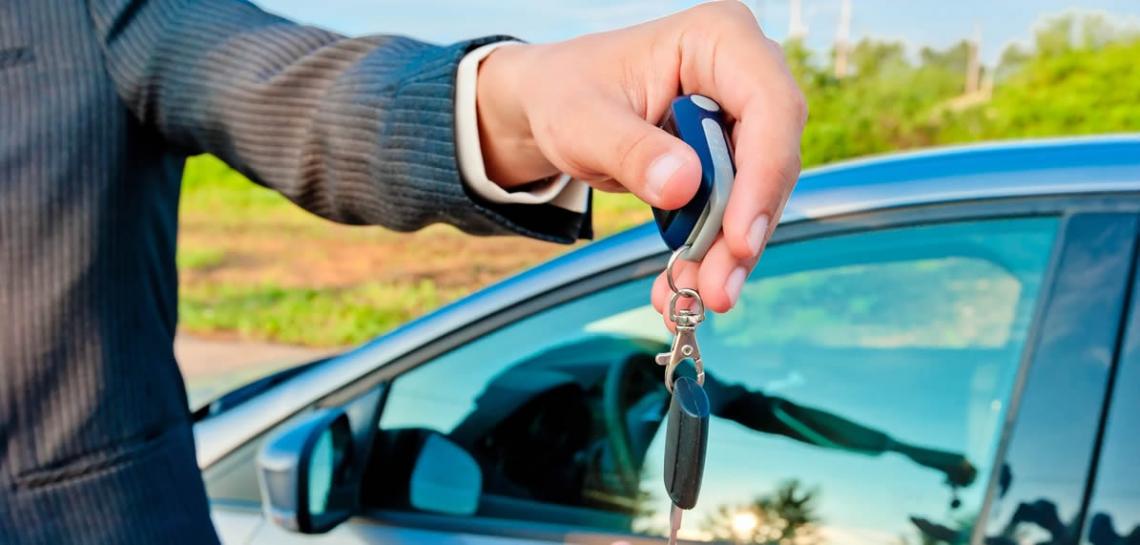
Option 1 – buy a car outright
Pros: by buying a car outright with cash, you won’t have to pay any finance or leasing agreement payments as it is a one-off purchase with no interest to pay, and assuming you purchase a vehicle that has good depreciation levels, you can always sell it at a later date if you need to raise capital or want to upgrade to a newer model.
Cons: you would still need to pay for its maintenance as well as insurance, car tax and fuel to keep it on the road. Also, it is extremely unlikely that you will be able to get the amount you paid for it if you need to sell it at a later date.
Effect on accounts: the car will be classed as an asset on your balance sheet, and the value will be reduced over the years by depreciation. Capital allowances can be claimed to reduce taxable profits (and the amount of tax payable).
Option 2 – lease a car on hire purchase

Pros: hire purchase is a very popular choice for businesses who wish to maintain a healthy cashflow without the expense of having to pay out for a car in one lump sum. A business simply pays a deposit followed by a series of instalments, and at the end of the agreement they can either hand the car back or pay off the remaining balance. Maintenance plans can also be incorporated into such agreements so that the only thing you would need to take care of is insurance and road tax.
Cons: the finance company owns the car until you pay it off in full. Hire purchase agreements have interest added to the amount borrowed, so you will ultimately end up paying more for the car than you would if you bought it outright with cash.
Effect on accounts: same as buying a car outright with cash, but with the added benefit of being able to claim tax relief on the interest charged.
Option 3 – borrow some money to buy a car outright

Pros: sometimes a loan may offer more favourable rates of interest than a hire purchase agreement, so it would make more sense to take a business loan out to buy the car. The loan isn’t secured on the car like it is with hire purchase. Regardless of where you borrow the money from, the car is still owned by your business rather than by a finance company. If you are looking to buy a car outright, be sure to visit the Cash For Cars Perth company as your first port of call!
Cons: as with hire purchase agreements, you will need to pay interest on any money borrowed to buy a car. Also, you may have to pay an early settlement fee if you wish to repay the loan early.
Effect on accounts: The loan is treated the same as any other, with capital repayments reducing the balance of the loan on your balance sheet. Any interest paid will be applied to your profit and loss accounts to reduce taxable profits.
